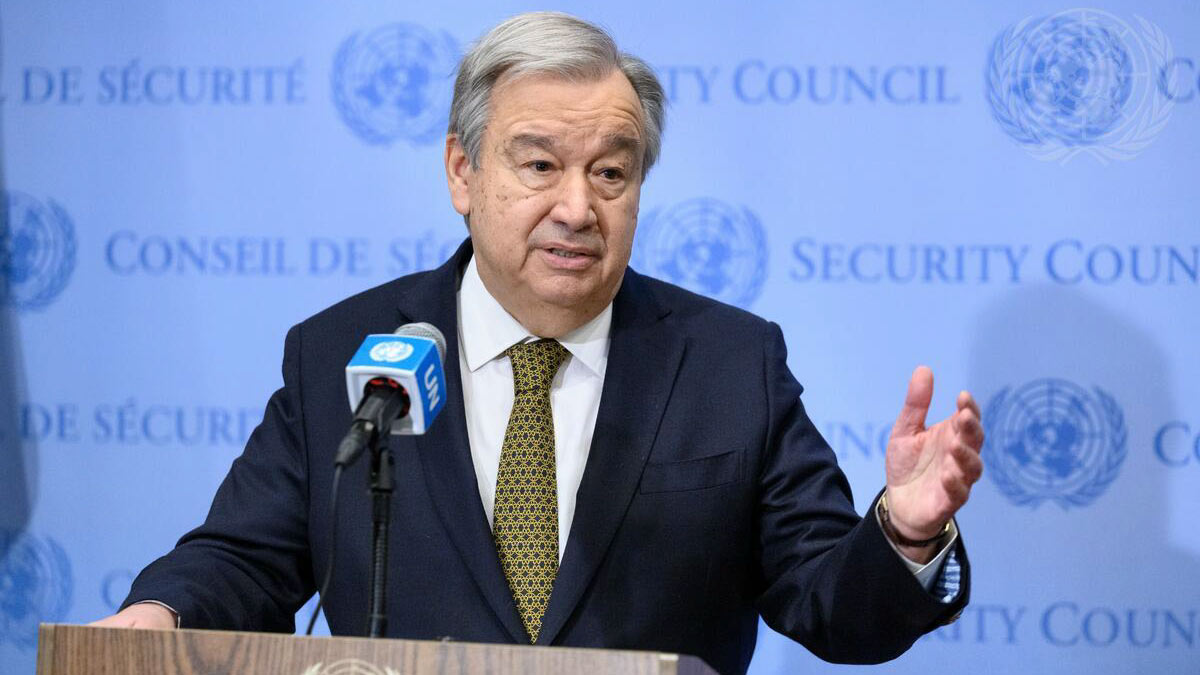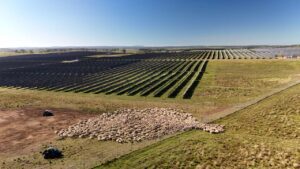Accelerating global warming has pushed the world’s weather systems to new extremes, and will worsen in future years unless the world can shift away from fossil fuels, a new UN-backed ‘state of the climate’ report has warned.
The World Meteorological Organisation says in its latest State of the Global Climate report, that levels of greenhouse gas concentrations, sea-level rise, ocean heat and ocean acidification all surged to record highs in 2021.
Last year, global average temperatures were around 1.11 °C above the pre-industrial average – with the last seven years from 2015 through to 2021 ranking as the seven warmest years on record.
WMO Secretary-General professor Petteri Taalas says it is inevitable that a new record for global average temperature increases will be set in the near future, given the ongoing increases in greenhouse gas concentrations.
“It is just a matter of time before we see another warmest year on record,” Taalas said.
“Our climate is changing before our eyes. The heat trapped by human-induced greenhouse gases will warm the planet for many generations to come.
“Sea level rise, ocean heat and acidification will continue for hundreds of years unless means to remove carbon from the atmosphere are invented.
“Some glaciers have reached the point of no return, and this will have long-term repercussions in a world in which more than 2 billion people already experience water stress.”
Launching the report on Thursday, United Nations secretary general Antonio Guterres said the latest findings of the WMO underscored his view that fossil fuels were a ‘dead end’.
“The global energy system is broken and bringing us ever closer to climate catastrophe,” Guterres said.
“Fossil fuels are a dead end — environmentally and economically.”
“The only sustainable future is a renewable one. We must end fossil fuel pollution and accelerate the renewable energy transition, before we incinerate our only home.”
Guterres took a swipe at fossil fuel subsidies, which the UN chief labelled a “scandal”.
“Every minute of every day, coal, oil and gas receive roughly 11 million dollars in subsidies,” Guterres said.
“Each year, governments around the world pour around half a trillion dollars into artificially lowering the price of fossil fuels — more than triple what renewables receive.”
“While people suffer from high prices at the pump, the oil and gas industry is raking in billions from a distorted market. This scandal must stop.”
The WMO noted that the impacts of worsening climate change were often observed in the amplification of the most extreme weather events, observed through worsening flooding, droughts, sea-level rise, heatwaves and glacial decline.
This extended to impacts on Australia, with the report noting the severe effects of flooding on Australian communities, many of which had until recently been suffering under drought conditions.
“Persistent heavy rainfall in mid-March result in major flooding in eastern New South Wales in Australia,” the report says. ”
“The most severe flooding was along the Hastings, Karuah and Manning Rivers north of Sydney, but there was also significant flooding in other areas, including parts of Western Sydney. At least US$ 2.1 billion in economic losses were reported.”
The director of the Australian National University’s Institute for Climate, Energy and Disaster Solutions, professor Mark Howden, says the report’s conclusions, while confronting, are unsurprising.
“The record levels of atmospheric carbon dioxide, global temperature, sea-level rise and ocean heat and acidification reported by the WMO are, unfortunately, not at all surprising,” Howden said.
“They are consistent with long and strong global trends in all of these key metrics, which are driven in turn by continued record levels of GHG emissions – in spite of the temporary reductions in emissions caused by COVID lockdowns and in spite of the emission-reduction commitments made last year at Glasgow and at previous global meetings.
“These trends really matter to Australia and Australians impacting on every sector of our economy, our environment and our health.
“New records will continue to be broken and the damages will continue to accumulate until we take our foot off the climate change accelerator,” Howden added.










